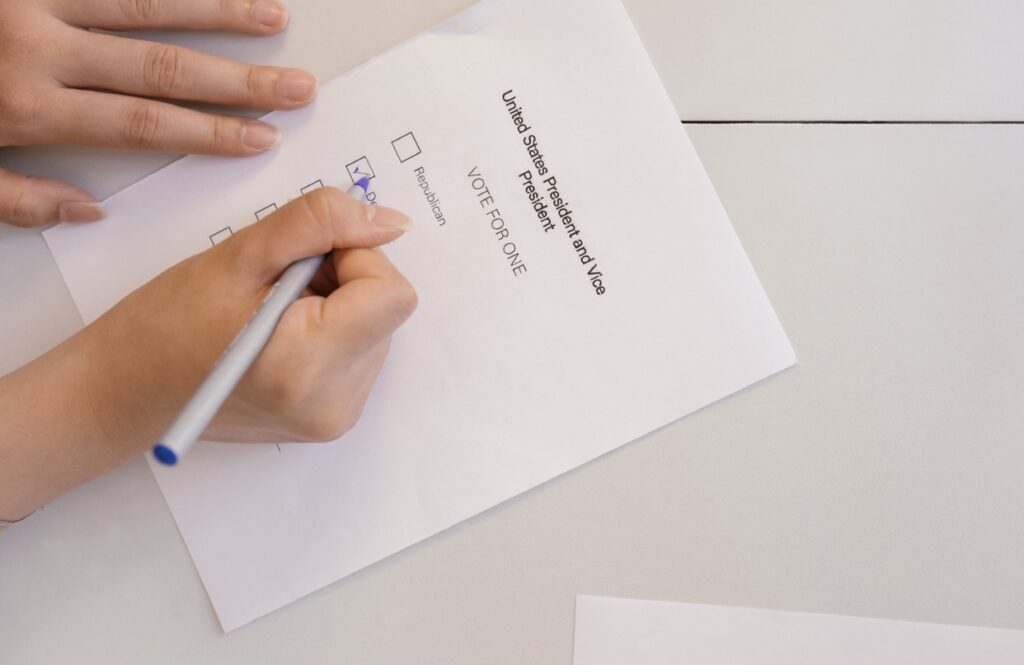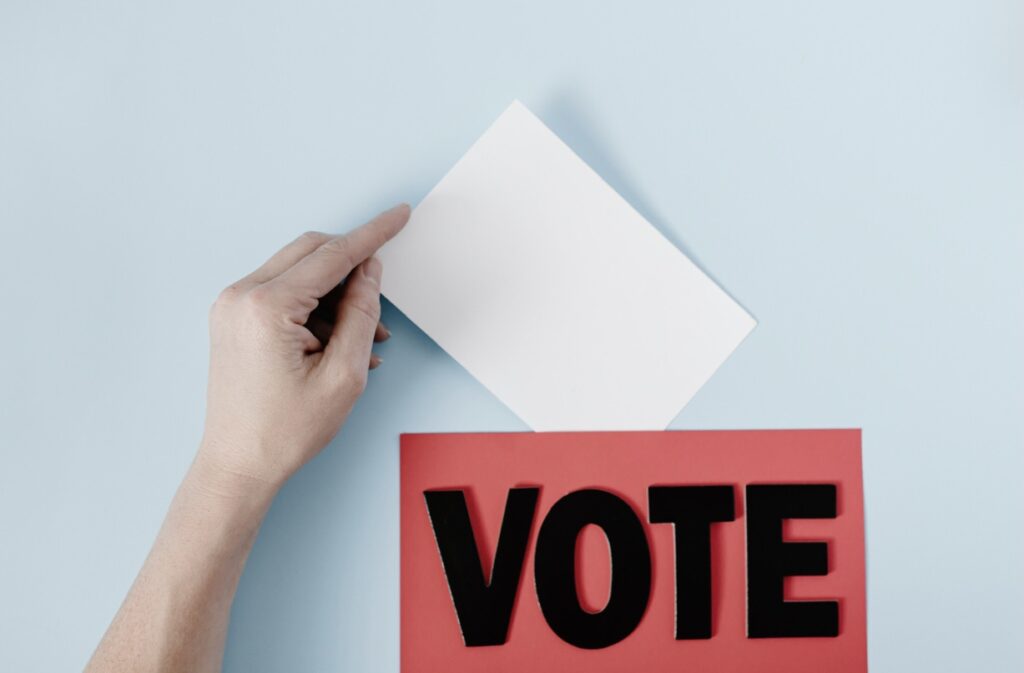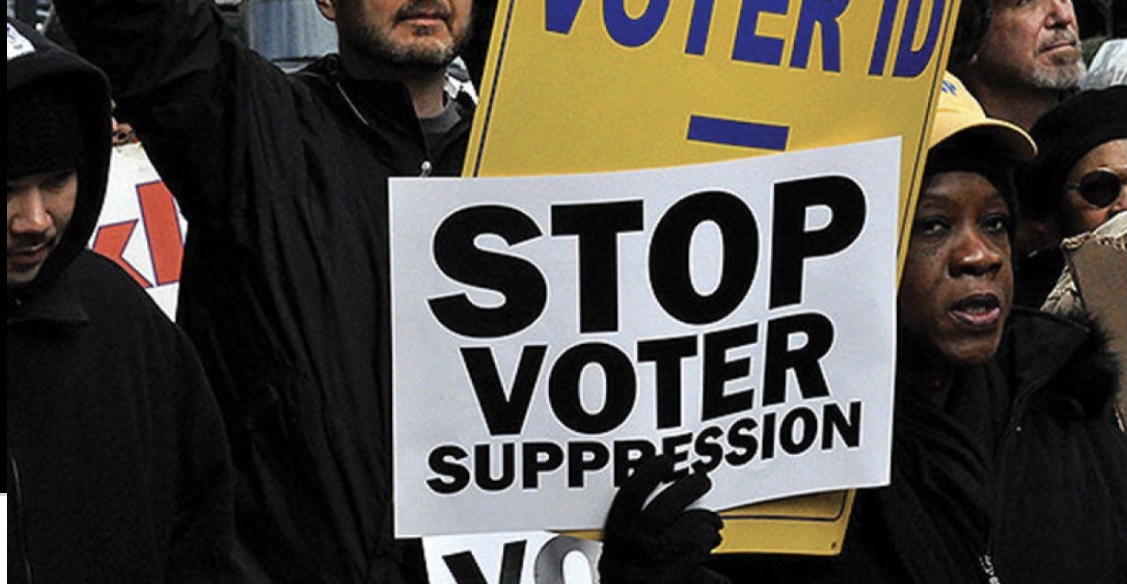By Polina Pallieraki,
The study of the Greek Constitutional History and the forms of exercise of state power over the years, reveals that the establishment and maintenance of the Republic as the state of our country has undergone enormous difficulties and obstacles that finally have given formulated the state as we know it now.
In Article 1 of the Constitution, the form of the state is explained and in fact paragraphs 2 and 3 stipulate that ”the foundation of the state is popular sovereignty” and that ”all powers come from the people, exist in favor of it and the nation and are exercised as defined by the constitution”. In this way, the Electoral Body is secured as the highest state body, and the active right to vote is one of the main pillars of the regime. But have all these conquests regarding the participation of citizens in the exercise of state power been fully secured, or are there still phenomena that can negatively affect the authentic expression of the will of the people? All these will be considered immediately below.
For the expressed popular political will to be a product of necessarily different elements that will enjoy authenticity but also uniqueness, it was deemed necessary to be regulated by provisions that enjoy constitutional limitation to ensure the Republic’s integrity. The basic mission of the electorate is provided in Article 51 of the Constitution. First of all, the Electoral Body, directly and without the meditation of any other body, nominates the Members of Parliament. The Constitution provides the general guidelines for voting and the rest occuring issues in the Electoral Law.
Secondly, based on Article 102, the citizens elect the principles of the Local Self-Government Organizations at the level of Municipalities and Regions every 4 years. Afterwards, they contribute by voting to the election of Members of the European Parliament based on what is set out in the relevant provisions. Finally, the electorate has another power; it can participate in the conduct of a referendum as provided by Article 44. This could be considered a form of direct participation of the people in the exercise of state power, which is rarely implemented in practice.

Next, we could look at the key features of voting: First of all, based on Article 51, the vote is direct. The deputies come directly from the popular will through the electoral action without the need for the intervention of a body that will determine the final result. This is a dose of abuse, possibly the term for a “natural unity” of the vote with the election result. That is why the voting must take place in person.
Moreover, voting is universal (Article 51). Every citizen enjoys the right to vote without exclusion based on financial or educational criteria, but also because of gender discrimination. In the second paragraph, the Constitution itself lists three permissible exceptions: of age, legal capacity, and the imposition of an irrevocable criminal conviction with a specific texture and characteristics. Finally, the vote is secret. Its contents are immediately prohibited from being disclosed to others, even by the voter himself. This is because influences from external factors should be avoided.
This was in very rough terms the presence of the right to vote, as it is valid today in the Greek legal order and as it is applied in practice. However, it would be worthwhile to focus on two crucial constitutional provisions. The first is Article 51, which establishes the mandatory nature of the vote. This means that voting is not just a participatory political right. Thus, the Constitution does not recognize any right of abstention other than the white vote which requires participation in the electoral process.
The second is Article 52, which refers to a free and unadulterated manifestation of popular will. Citizens should be able to make their political choices both during the elections and in the earlier phase, without pressure, terrorism, and in a state of complete freedom. Because the election of the Parliament is the crown of democracy, the election of the legal representatives of the people should obey the mature and authentic expression of every citizen.

These two principles are being disrupted by a phenomenon that has spread enormously, especially in the United States, and is called “voter suppression”. More specifically, it concerns a strategy with a legal or external appearance that aims to reduce citizen participation in elections to influence a contest’s electoral result. Usually, it does not concern all citizens, but selected categories of people belonging to a particular political, religious, or even racial group. In the past, Africans have been a major victim of this phenomenon in the United States, but even today laws are being passed in the various US states that indirectly or directly make it difficult to exercise the right to vote.
Some practical manifestations of the phenomenon in America are related to the adoption of measures that make it difficult to access in the ballot box. For instance, strict identification verification, prohibition of voting using e-mail, deletion of voters who had not recently voted with the obligation to re-register. All these practices were addressed to African-Americans, who may have overturned with their vote a specific election result aimed at the authorities.
In our country, there has been no institutionalized attempt to violate this most important political right, but this does not negate the fact that in practice and especially in times of crisis, a large number of citizens abstain from parliamentary elections, thus devaluing to contribute to the implementation of democracy. So, this danger may not immediately exist in our country, but especially in extraordinary and critical periods such as the one we are going through, it is the duty of each individual to be vigilant for the observance of constitutional legitimacy, especially in such a major issue like this. Because the enactment of such provisions and the cultivation of related practices violate the principle of equality of the vote and unjustifiably exclude categories of people from enjoying the right to vote.
In conclusion, what is worth keeping in mind is that the right to vote in its active manifestation belongs to each citizen individually and is a necessary condition for the healthy development of the democratic state and the ideal. For this reason, it must be guarded by the state itself to maintain its longevity. Citizens, therefore, must participate in the electoral process equally and always as stipulated by the Constitution.
References
- CNN Politics: Voting Rights Under Attack. Available here.
- Βουλή των Ελλήνων: Η Βουλή-Το Πολίτευμα. Available here.




